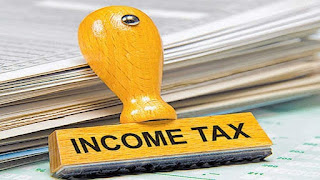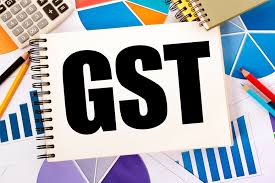Specific income is exempt from tax under Form 15G
As per the provisions of the Income Tax Act, where interest income from time deposits with prescribed financial institutions for a financial year (FY) exceeds the prescribed limit (currently ₹40,000), TDS at applicable rate shall be deducted.
Where the total income of the individual is below the basic exemption limit, Form 15G can be submitted with the prescribed financial institution (including a bank) requesting that no taxes should be deducted on the interest income paid to such individual on the deposits.
Further, where the tax rate at which the total income is subject to tax is NIL or is lower than the rate at which the TDS is being deducted (irrespective of any advance tax paid by the recipient of income), then an application for lower or NIL deduction certificate (LDC) may be made with the jurisdictional tax officer in the prescribed form by the recipient of income. Post examining the relevant documents, the tax officer may at his/her discretion issue an LDC stating a lower rate of TDS deduction as per his/her discretion. In such a case, the TDS will be deducted at the rate specified in the LDC.
Separately, also note the below from a timing of taxation of such income. The interest income arising to you from the recurring deposits is chargeable to tax under the head ‘income from other sources" (IFOS) according to the method of accounting (i.e. mercantile/cash basis) regularly employed by you.
Accordingly, in case historically you have been offering interest income/income from other sources based on accrual/receipt basis, then you could follow the same approach for income from these RDs as well. The interest income will be taxable as per the slab rates applicable to you for the respective FY in which the same is offered to tax. Any TDS already deducted by the bank on these deposits in the relevant FY will be available as a credit against the income tax payable by you for the respective FY. If taxes deducted at source falls short of the applicable tax rate, you would need to discharge the balance taxes by payment of advance tax as per prescribed instalments.
Source:https://www.livemint.com/money/personal-finance/specific-income-is-exempt-from-tax-under-form-15g-11636305057658.html
Download our App to get knowledge updates: https://play.google.com/store/apps/details?id=com.app.gstmitra
Join Our Telegram Channel for more updates:https://t.me/praveengst
Download our App to get knowledge updates: https://play.google.com/store/apps/details?id=com.app.gstmitra
Join Our Telegram Channel for more updates:https://t.me/praveengst




Comments
Post a Comment